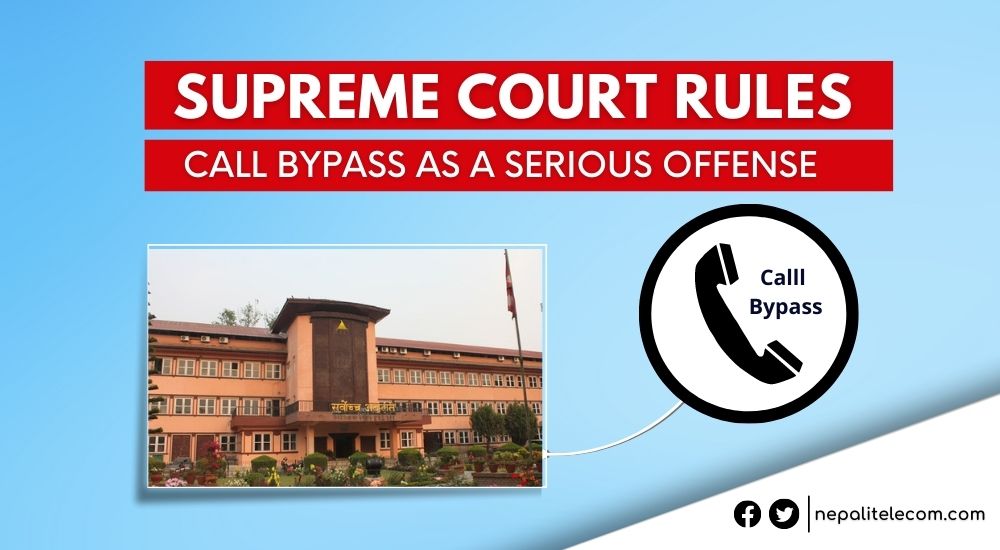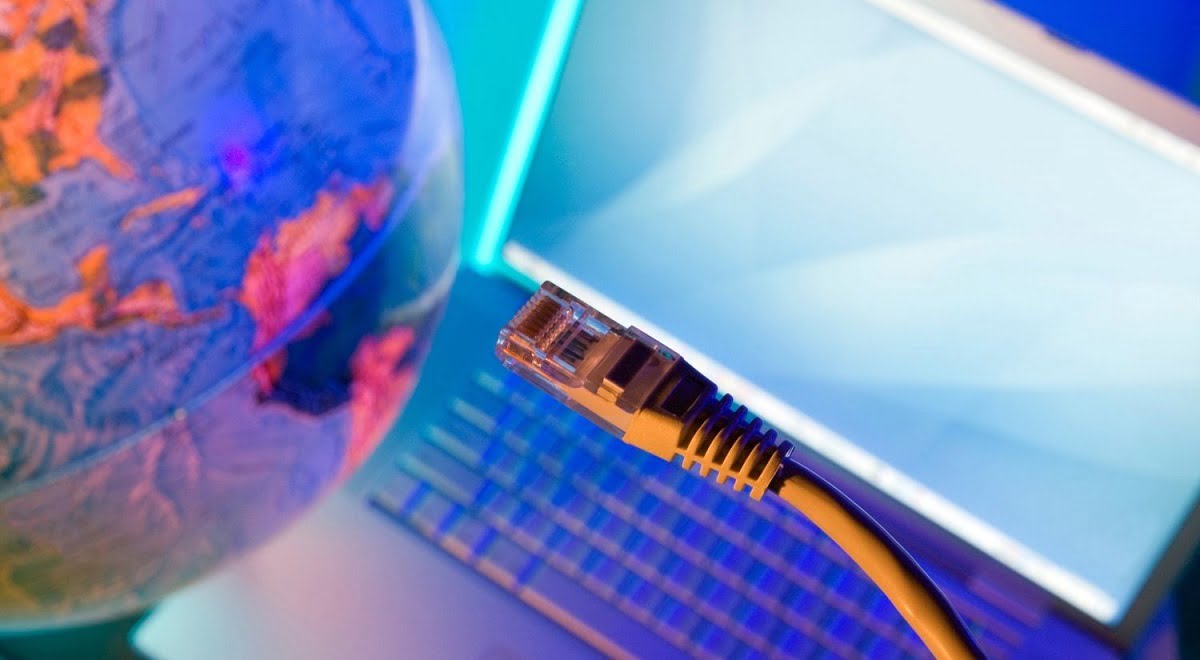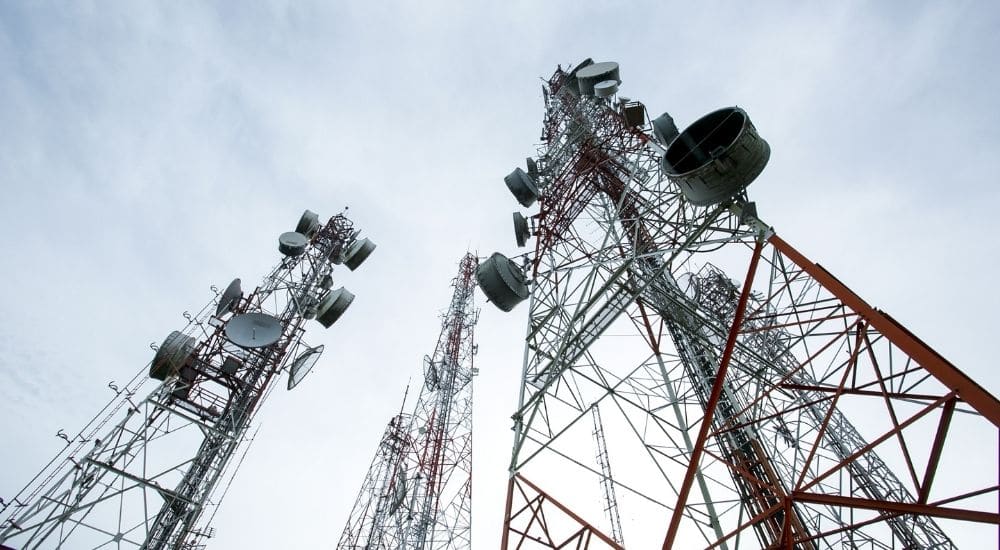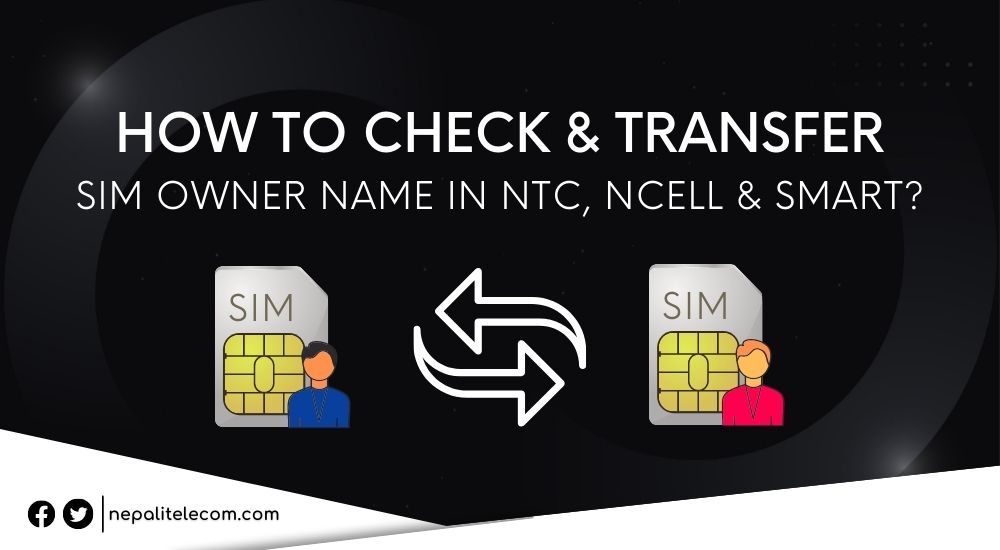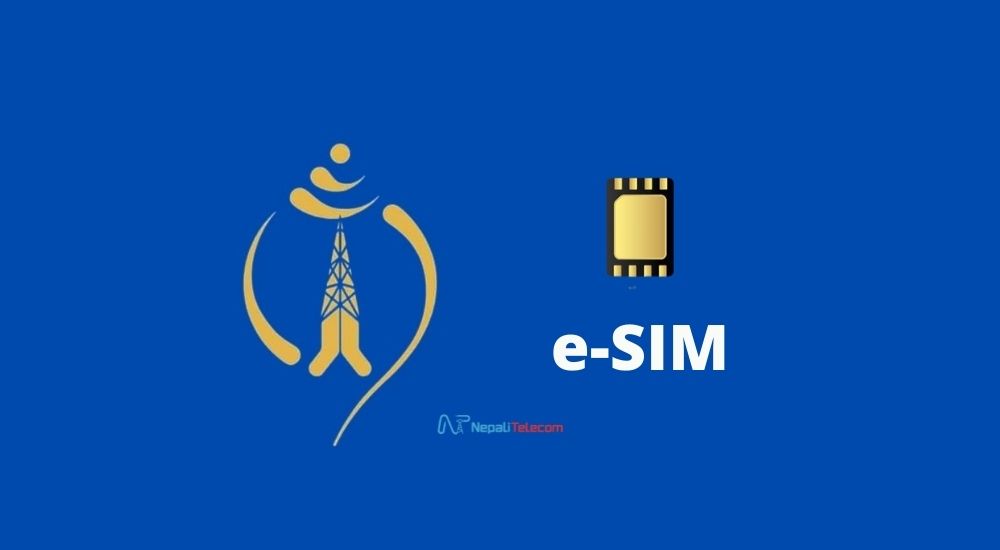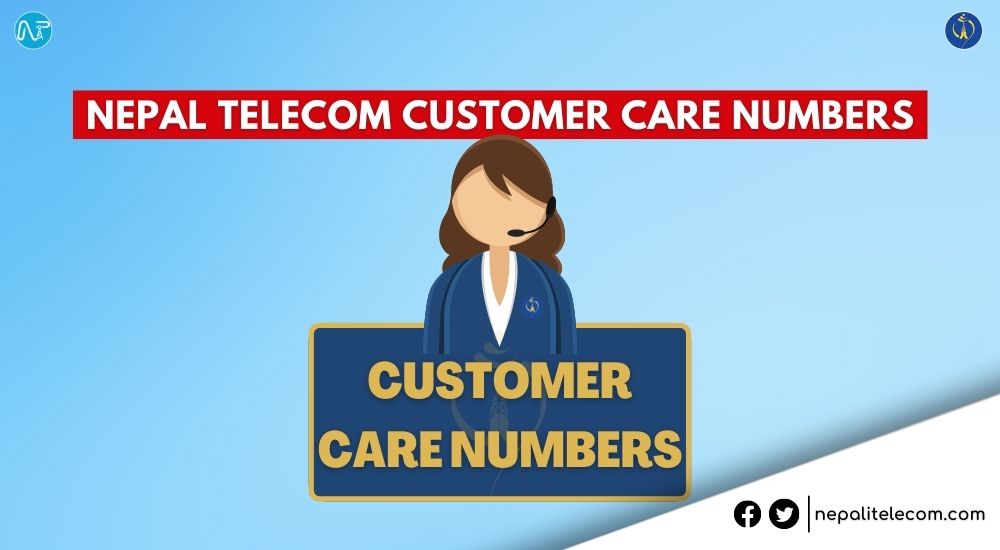In a historic ruling, the Supreme Court has declared Call Bypass a serious offense while giving a verdict in a decade-long 2060s case that debated whether it affects the telecommunication system. A three-member full bench made its verdict on 8 separate cases on Thursday 21st July.
The Court ruled that from now on those who perpetrate call bypass will be subject to up to 5 years in prison.
Prior to this, District and High Court had ruled that bypassing international incoming calls using VoIP technology was not a punishable crime and didn’t warrant a jail term. Rather, the courts stated the culprits should be subject to fines to telecom operators as a punishment. The Supreme Court reversed the ruling this week.
The full bench of the Supreme Court headed by Acting Chief Justice Deepak Kumar Karki and Justices Kumar Regmi and Hari Phuyal interpreted the call bypass as an attack on the telecommunication system.
The verdict would bring relief to the operators while a major discouragement to those who have committed call bypass. Nepal police have remained active in curbing call bypass however, the previous ruling didn’t help prosecute those indicted.
Also see: CIB operation for illegal VoIP call bypass, arrest two Indian Nationals
Supreme court rules call bypass a serious offense
The case has finally seen the verdict on a high-profile case dating back to 2060s BS. Saraswati Vaidya, senior assistant at Nepal Telecom, and Roshan Kaji Vaidya, senior assistant, set up a VoIP calling system at their house in Banepa, Kavre. They were found to have bypassed international incoming calls from Shrawan 1, 2062 BS. The act continued until the police seized the equipment two years later on Mangsir 27, 2064 BS.
Later, a case was filed against them in the District Court, Kavre estimating that the call bypass they ‘committed’ during two years cost Nepal Telecom (NTC) 1 crore, 30 lakh, 54 thousand, 4 hundred and 68 in profit. Similarly, they cost the government 39 lakh, 60 thousand in total.
The District Public Prosecutor’s Office had demanded action against them as per the regulation in Section 47 (5) of the Telecommunications Act. The District Court however had acquitted them both. Both got clearance from the then Appellate Court, Patan. The case then moved to the Supreme Court in 2070.
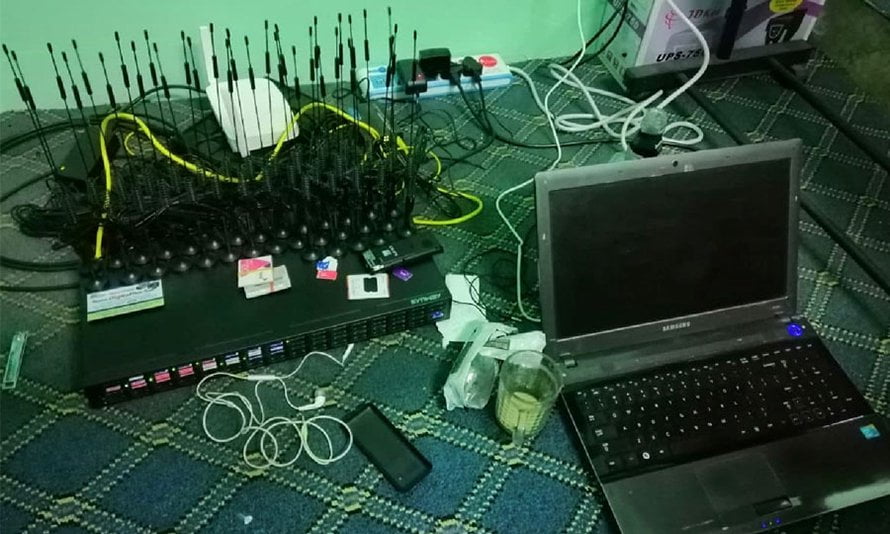
The Court had to decide whether Section 47 (5) applied to a physical attack on the telecommunication system or to the acts like call bypass.
Associate Attorney Uddhav Pudasaini, defending on behalf of the Office of the Attorney General (OAG) in this case, says that the full bench of the Supreme Court declared that even operating technologies like VoIP and committing call bypass is an offense. The Court declared that Call Bypass did affect the telecommunication business and is punishable by a prison term.
Following the verdict, the defendants will receive a prison term but the Court has not called on the duration they would serve inside.
Check out: What is OTP Bypass, and How Does it Affect Your Privacy?
Other ‘culprits’ to also receive a prison term for call bypass after the ruling
The ruling upon Call Bypass has followed with a similar interpretation on other defendants. Bhagawan Kandel from Nuwakot and Sunilman Tuladhar from Kathmandu has also attracted punishment from the judicial system. In separate instances, the individuals were caught with equipment used in the VoIP system. Like Vaidyas, both received acquittal by subordinate courts before. Then, OAG had taken the case to the Supreme Court. Now with the reversal of the prior ruling, they all would be punishable by a 5 years prison term.
With the Supreme Court ruling Call Bypass a serious offense punishable by a jail term, those who would engage in it might take a backseat. However, Instant Messaging apps and OTTs have become dominant nowadays. With the price of the internet becoming cheaper in Nepal, people with smartphones make calls via apps. This has adversely lowered the number of incoming cellular calls. Likewise, the use of OTTs has also affected Nepali telcos’ average revenue per user (ARPU) in recent years.
But whether the instances of call bypass increase or subdues in the coming days will be interesting to see.
Have traditional cellular network calls lowered with the presence of smartphone apps? You can share your own experience in the comments below.


